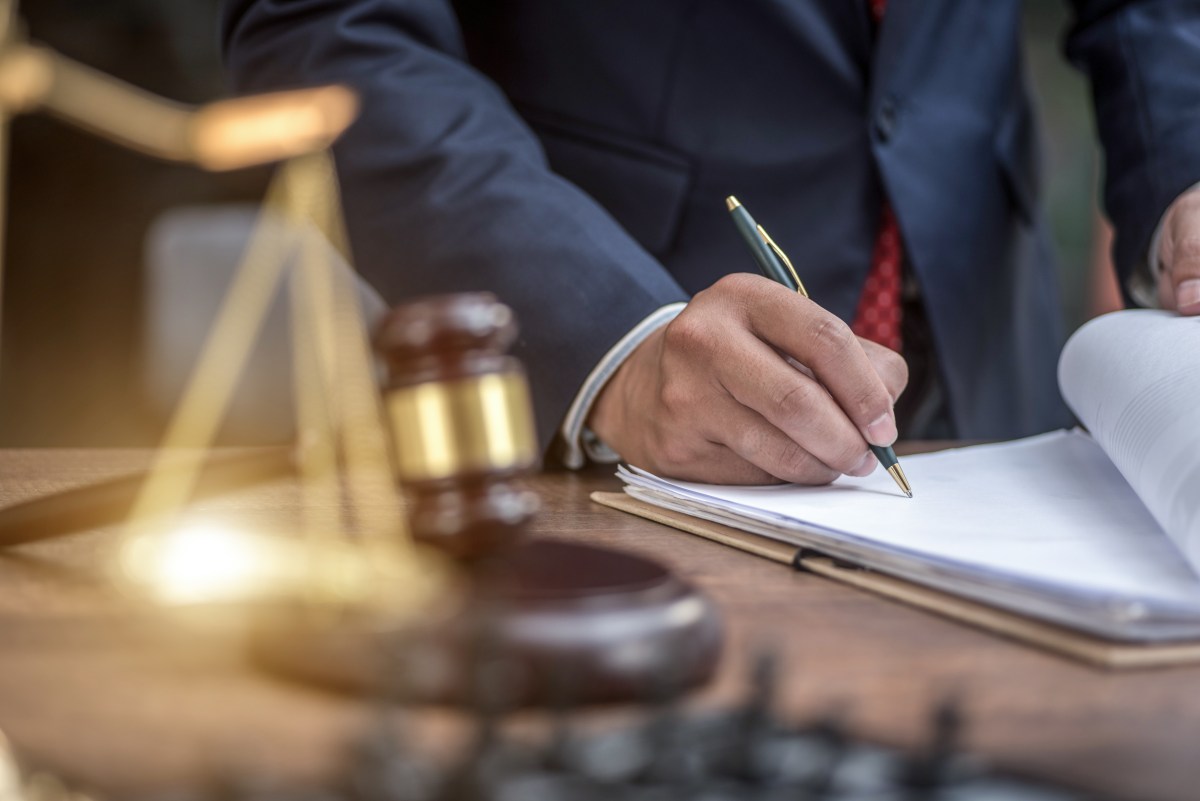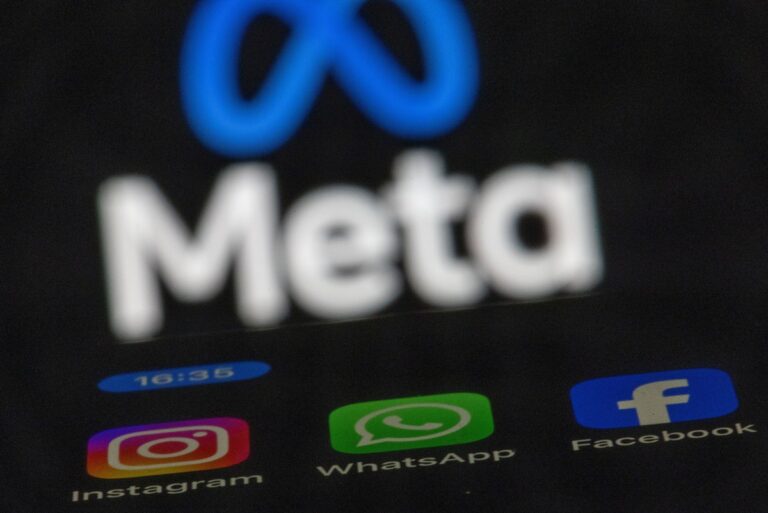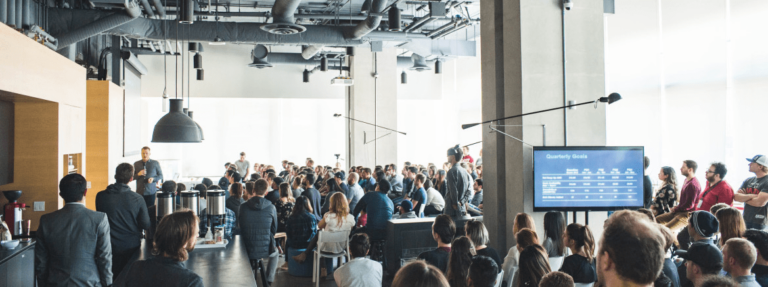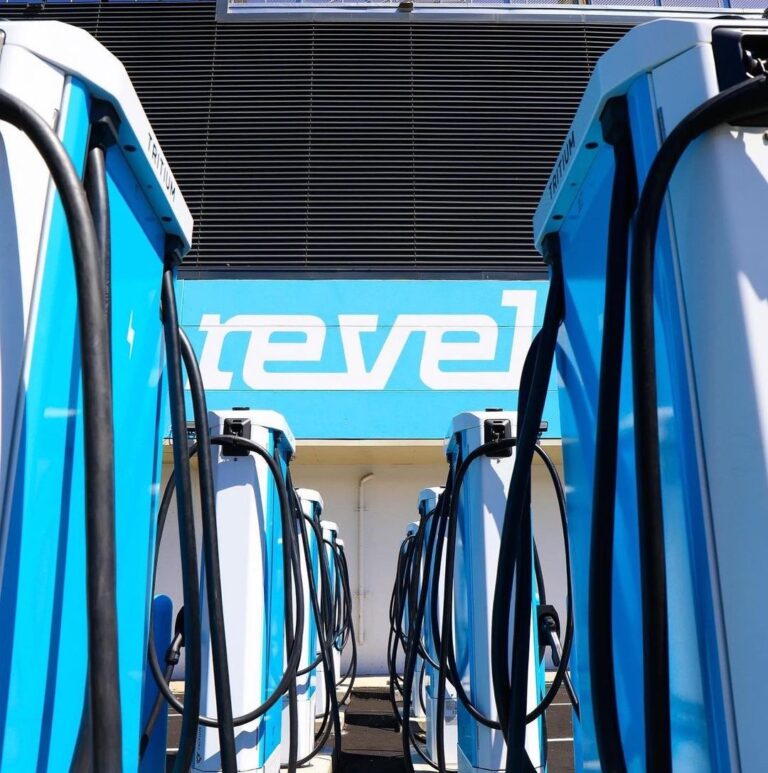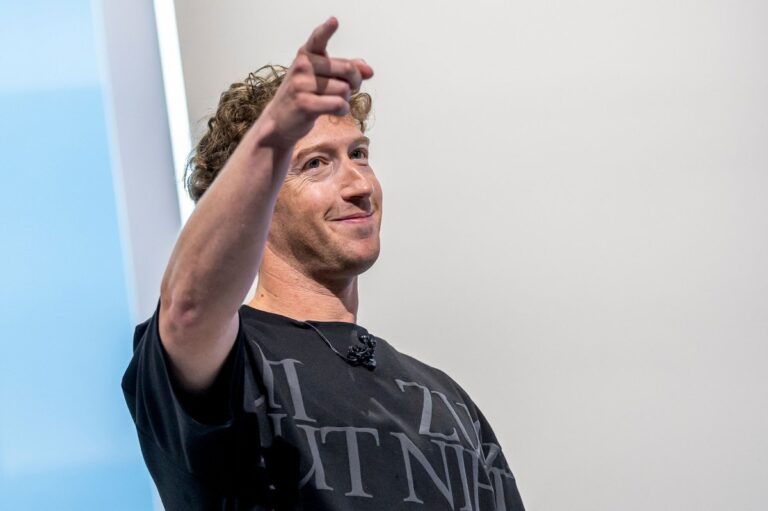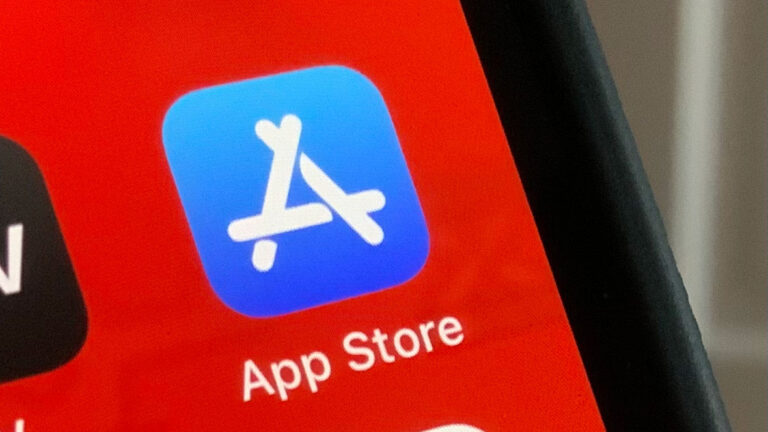Implications of the US’s First Major AI Copyright Ruling on Intellectual Property Law
Recent developments in copyright claims against AI companies have stirred considerable discussion in the legal community. A recent ruling by a U.S. federal judge has raised new questions about the use of copyrighted material in training artificial intelligence systems, particularly in the context of legal research.
Judge’s Ruling in Thomson Reuters vs. Ross Intelligence
Last week, a federal judge delivered a summary judgment in favor of Thomson Reuters in its case against Ross Intelligence, a legal tech firm. The judge concluded that Ross’ use of Reuters’ content to train its AI legal research platform constituted a violation of Reuters’ intellectual property rights.
Implications for Copyright-Related AI Lawsuits
This ruling could potentially impact over 39 ongoing copyright lawsuits against AI companies currently navigating U.S. courts. However, it does not guarantee a favorable outcome for all plaintiffs alleging violations of their intellectual property rights.
Understanding the Case: Key Points
- Accusations Against Ross: Ross was accused of utilizing headnotes—summaries of legal decisions—from Westlaw, Reuters’ legal research service, to enhance its AI capabilities.
- Defense Argument: Ross claimed its use of these copyrighted headnotes was transformative, serving a different function in the market.
- Judge’s Opinion: U.S. District Judge Stephanos Bibas dismissed Ross’ argument, stating that the platform merely replicated Westlaw’s services without adding new meaning or purpose.
The Role of Commercial Interests
Judge Bibas emphasized that Ross’ commercial intentions further weakened its defense. The startup aimed to profit from a product that competed directly with Westlaw, lacking significant recontextualization of the copyrighted material.
Expert Opinions on the Ruling
Legal experts have weighed in on the implications of this ruling. Shubha Ghosh, an IP law professor at Syracuse University, described the decision as a “strong victory” for Thomson Reuters, emphasizing that the trial will now continue with this advantage.
Potential for Broader Impact
Other plaintiffs in similar copyright cases are already looking to Judge Bibas’ ruling for guidance, although it remains uncertain whether this precedent will influence additional legal outcomes.
Generative AI vs. Traditional AI
Judge Bibas made a crucial distinction between generative AI—which creates new content—and the AI used by Ross, which merely reproduced existing judicial opinions. Generative AI is often trained on vast datasets from public sources, leading to debates around copyright and fair use.
Fair Use Doctrine and Copyright Issues
Many companies developing generative AI claim that fair use doctrines protect their practices of using public data for training purposes. However, this perspective is not universally accepted, as concerns about content regurgitation arise.
Looking Ahead: What This Means for AI Companies
Randy McCarthy, a patent attorney, noted that the focus on market impact could be pivotal for copyright holders in their cases against generative AI developers. He cautioned, however, that the ruling is narrow and may be challenged on appeal.
Mark Lezama, a litigation partner specializing in patent disputes, believes the reasoning in this case could extend to generative AI applications. He indicated that the court’s rejection of the fair-use defense based on competition might apply to other contexts, where copyrighted materials are used to develop competing products.
In conclusion, while some copyright owners may find a glimmer of hope following this ruling, the path forward remains complex and uncertain. The legal landscape surrounding AI and copyright is evolving rapidly, and further developments will be crucial in shaping future cases.
For more information on copyright law and its implications for technology, visit Cornell Law School’s Legal Information Institute.

